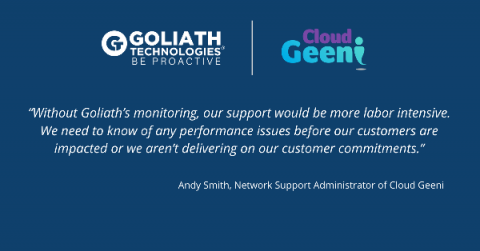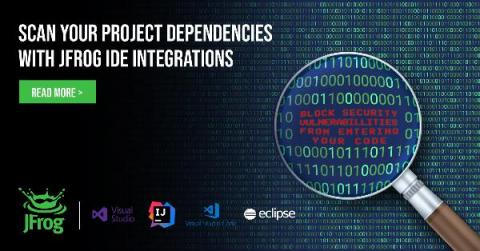Do yesterday's tools still work for your business today?
The world of work has had to quickly adapt to the new rules of society. Now more than ever traditional businesses are having to look beyond their immediate goals of sales and revenue and put society at the heart of their business operations. Government legislation on COVID-19 means as many people as possible must work remotely to protect staff, customers and the community.











